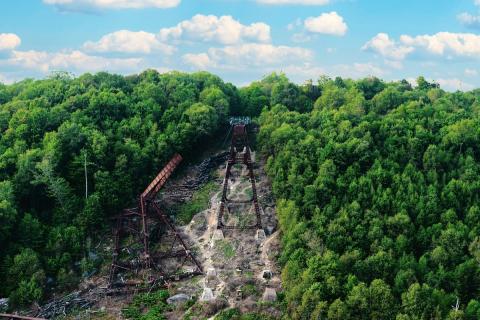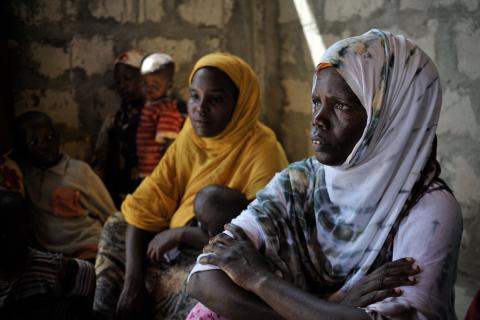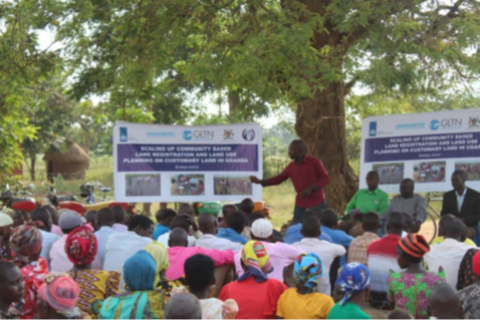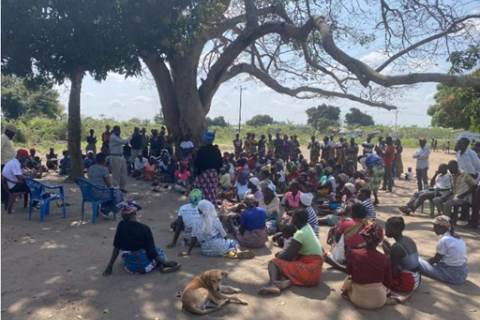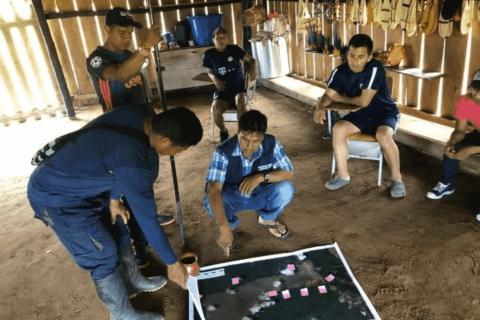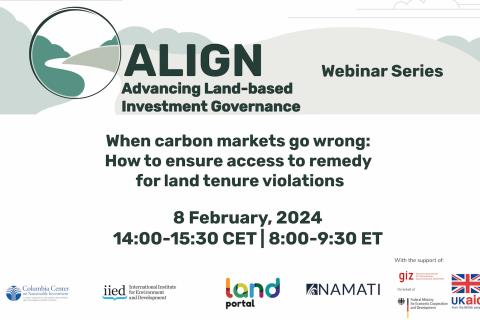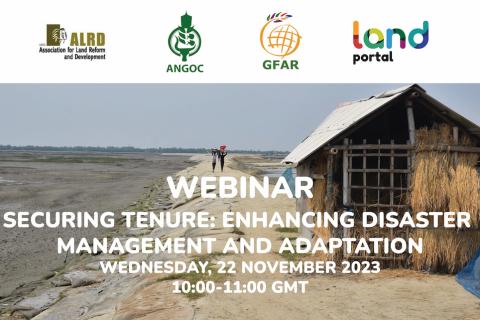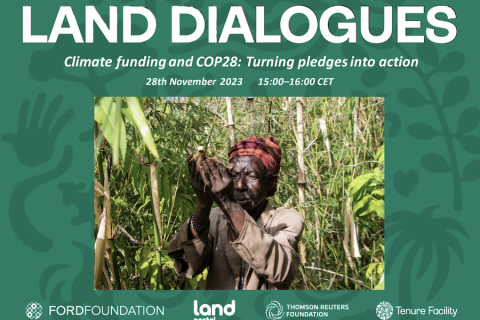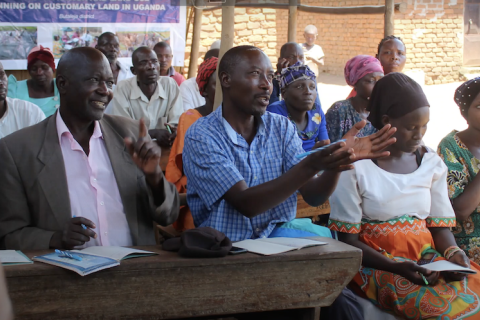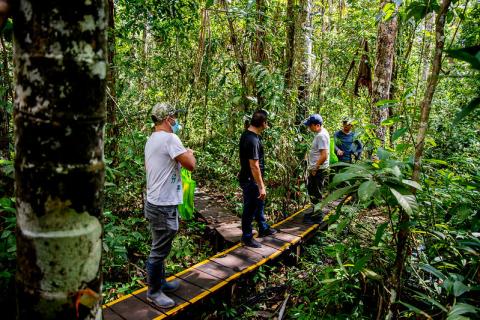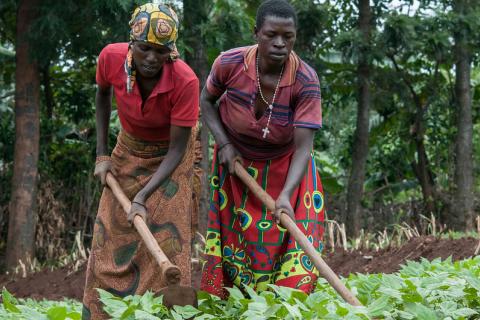Beyond Transparency: Meaningful and Inclusive Public Participation to Counter Land Corruption in Carbon Markets
In Cambodia, a recent Human Rights Watch report documents how Indigenous Chong people have faced eviction and criminal charges following the establishment of a carbon offsetting project on their lands. In Kenya, “the world’s largest soil carbon removal project”, whose credits have been used to offset the emissions of global corporations including Meta and Netflix, has been accused of dispossessing Indigenous Peoples of economically and culturally significant land, and reducing the climate resilience of thousands of people.

